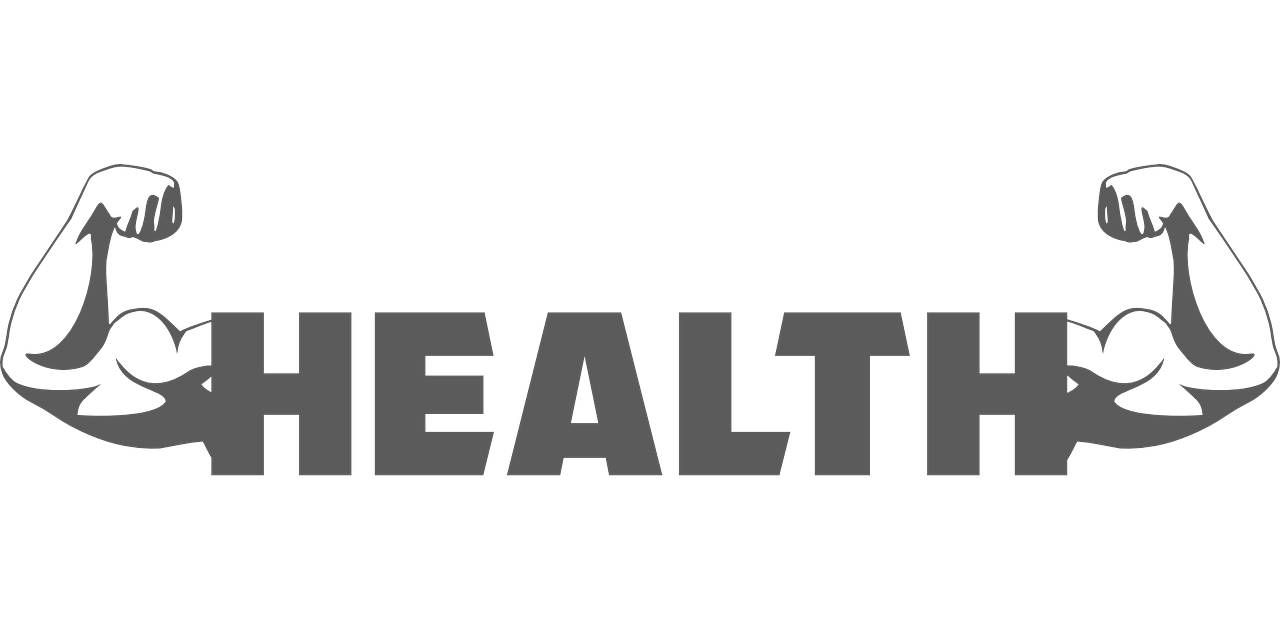Many of us are worried about heart, kidney, brain problem and know what tests to be done if there is a problem in these organs but when it comes to bone-we are ignorant about its status, its testing and effects
Calcium helps to control muscle contraction. It also builds and maintains bones throughout life. It’s important for teeth and also needed for kidney functioning. It also helps in a variety of things including metabolism, clotting, and functioning of heart muscles. Vitamin D is essential for normal functioning of the body systems but it’s not manufactured by the body per se; it requires exposure to the UV rays of sunlight.
Osteoporosis is a condition in which bones become porous due to lack of bone minerals and supportive system which makes the individual more susceptible to fractures. Risk factors for Osteoporosis are vitamin D deficiency, alcoholism, smoking, calcium-lacking diet, genetic predisposition, use of steroids, chronic kidney disease, rheumatoid arthritis and menopause. The best way to diagnose this condition is Dual Energy X-ray Absorptiometry(DEXA).
There is a lot of choice for food rich in calcium. Ragi and Rajgira(royal grain) are the cereals which have the most amount of calcium content. Rajma is a very good and common source of calcium. Soya bean is another alternative which is rich in calcium and also contains protein. People who aren’t lactose intolerant may also incorporate various milk products in their diet. Cheese, yogurt and paneer all have very high amounts of calcium. Fruits aren’t the greatest source of calcium but can be incorporated in to make a heathy diet nonetheless. Dates and figs both count as good sources of calcium. Green leafy vegetables are the most important source for a vegetarian as cauliflower, curry,Fenugreek,and mint all have high amounts of calcium. Most nuts and seeds are also good sources including almonds, coconuts and cloves.
Non-vegetarians can choose to eat fish and prawns as they are major sources of calcium.
Three main components to prevent osteoporosis are to consume a well balanced diet, to exercise, and to avoid smoking and alcohol. In conclusion, the maintenance of bone health is important and we should understand how it affects us, our family and our society.





